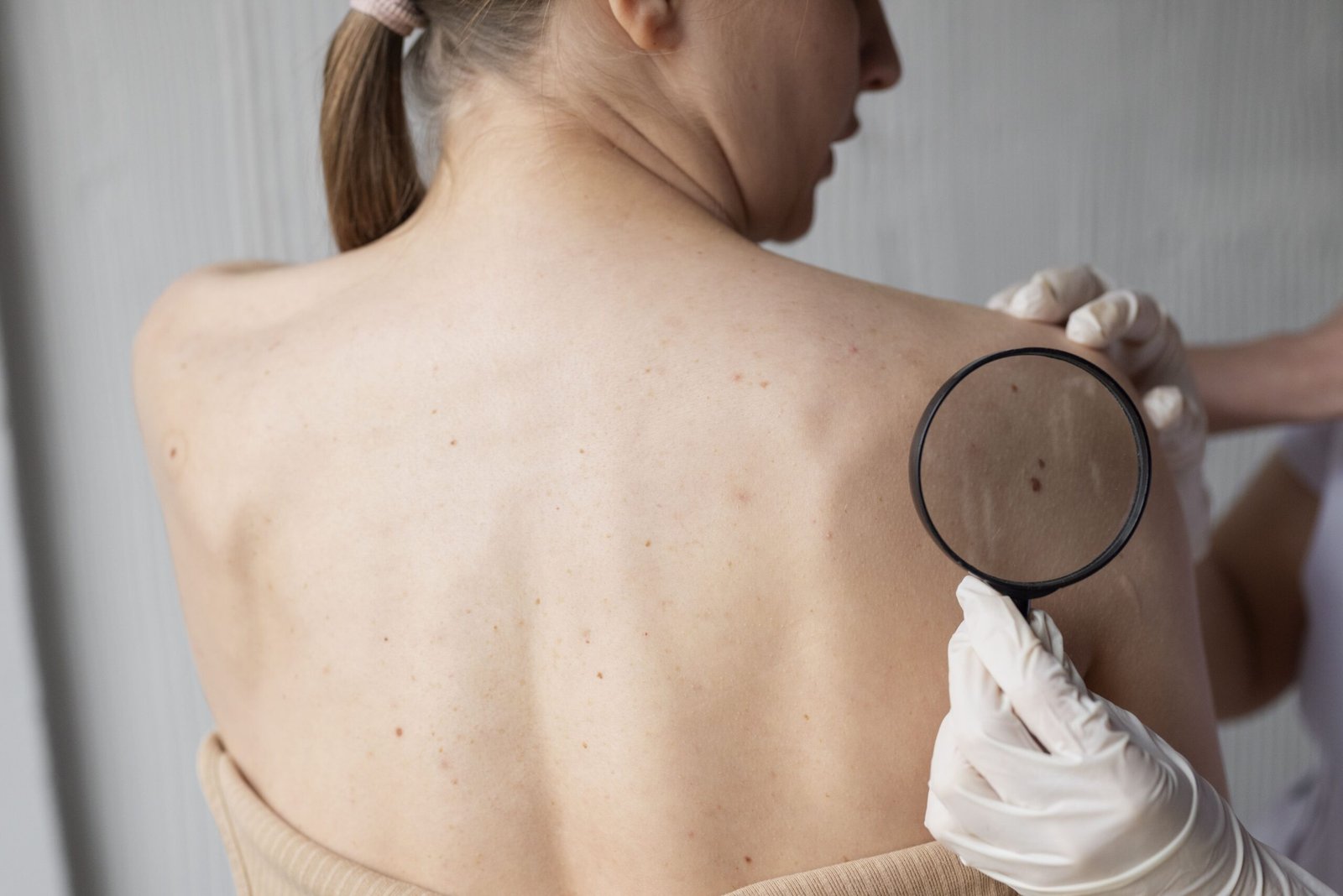Skin cancer
Skin cancer is the abnormal growth of skin cells. These most often develop on sun exposed skin. However the common form of skin cancers can also occur on areas of the skin not normally exposed to sunlight .
Skin cancer risk can be reduced by limiting or avoiding exposure to ultraviolet (UV) radiation.
A skin check for suspicious changes can help detect skin cancer at its earlier stages. Early detection of skin cancer gives the best chance for successful skin cancer treatment .
Skin cancer risk can be reduced by limiting or avoiding exposure to ultraviolet (UV) radiation.
A skin check for suspicious changes can help detect skin cancer at its earlier stages. Early detection of skin cancer gives the best chance for successful skin cancer treatment .
As a skin cancer specialist, the types of skin cancer I diagnose and treat include;
Basal cell carcinoma, BCC, (or rodent ulcer) is the most common type of skin cancer but is the least serious. BCC’s look like a small, sometimes shiny bump or scaly flat patch that slowly grows over time.
Squamous cell carcinoma, SCC, can appear on the skin as firm red bump, a crusty lesion, an open sore or a wart that can scab and bleed. SCC’s are the second most common type of skin cancer after basal cell carcinoma
Melanoma, is the most serious type of skin cancer. It may appear as a new spot or as change in an existing mole or freckle. Over 95% of skin cancer can be successfully treated if they are found early
Other rare types of skin cancer such as Merkel cell carcinoma, porocarcinoma, cutaneous t cell lymphoma

